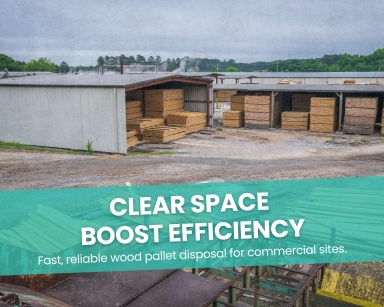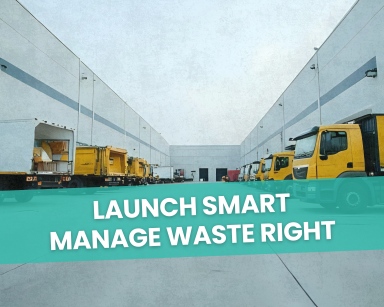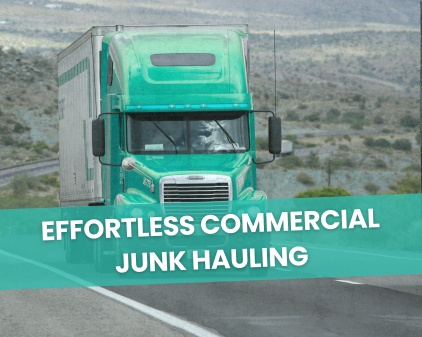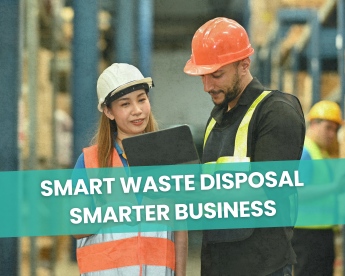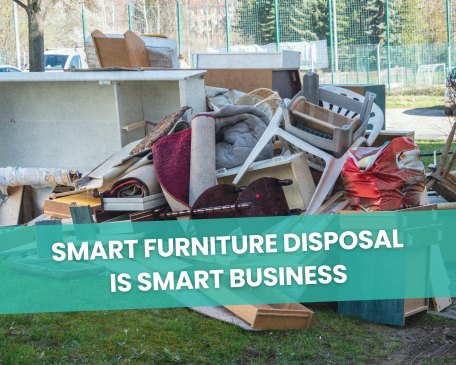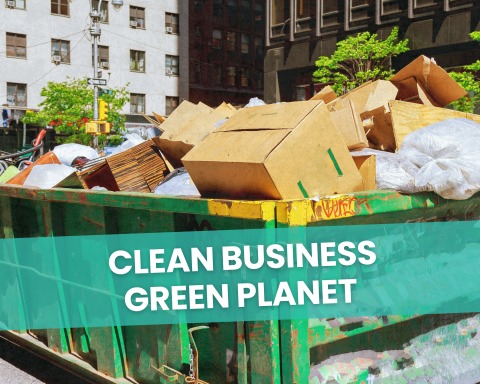What hazardous waste can be in medical institutions?
Table of Contents
What Hazardous Waste Can Be in Medical Institutions?
Proper hazardous waste management in medical institutions is crucial to protect public health, and the environment, and ensure compliance with government regulations. This article will provide an overview of the different types commonly found in healthcare facilities and discuss the importance of proper methods.
Types of Hazardous Waste in Healthcare Facilities
- Sharps: Medical facilities generate a significant amount of sharps waste, including needles, syringes, and lancets. Improper disposal of sharps can lead to injuries and the transmission of infectious diseases.
- Infectious: Infectious waste consists of materials contaminated with blood, bodily fluids, or other potentially harmful biological agents. This form poses a significant risk to human health and the environment if not disposed of correctly.
- Pharmaceutical: Unused or expired drugs are considered pharmaceutical waste. Improper disposal of pharmaceuticals can lead to environmental contamination, as well as the development of drug-resistant bacteria.
- Chemical: Medical institutions use various chemicals for cleaning, sterilization, and other processes. Chemical material includes disinfectants, solvents, and other substances that must be disposed of carefully to avoid environmental and health risks.
- Radioactive: Radioactive materials are utilized in medical imaging and cancer treatments. Radioactive waste must be managed carefully to minimize the risk of radiation exposure.
- Biomedical: Biomedical consists of animal and human tissue, organs, and other materials contaminated with potentially infectious agents. This form must be handled according to strict guidelines to ensure health and safety.
Hazardous Medical Waste Disposal Methods
- Autoclaving
Autoclaving is a steam sterilization process that effectively destroys microorganisms. This method is commonly used for the treatment of infectious and sharps. However, it is not suitable for chemical, pharmaceutical, or radioactive.
- Incineration
Incineration involves high-temperature burning, which can destroy most hazardous materials effectively. This method is suitable for a wide range but has some environmental concerns due to emissions and the generation of ash residue.
- Chemical Disinfection
Chemical disinfection uses various chemical agents. This method is particularly effective for the decontamination of infectious waste. However, it may not be suitable for all waste types, and chemical agents must also be carefully managed.
- Landfill Disposal
Landfills may be used to dispose of certain non-hazardous medical waste such as paper, packaging materials, and other materials. However, this procedure should only be used for materials that have been rendered non-hazardous through autoclaving or chemical disinfection.
When it comes to recycling biomedical materials, there are several options available. Recycling centers accept biomedical things such as tubes, syringes and other medical equipment. In addition, some medical facilities have their own recycling program to reuse materials such as glass and metal.
Benefits of Proper Medical Waste Disposal
- Environmental Protection
It helps protect the environment by reducing pollution and contamination risks. Additionally, some disposal processes, such as recycling, can conserve natural resources.
- Patient and Staff Safety
Effective administration in medical institutions is crucial for ensuring the safety of patients, staff, and visitors. Proper disposal prevents the spread of infections and reduces the risk of injuries from sharps or other hazardous materials.
- Cost-Effectiveness and Efficiency
Investing in efficient waste supervision processes can streamline operations and reduce costs associated with disposal. Additionally, compliance with regulations can help medical institutions avoid fines and penalties.
- Reduced Risk of Liability
Proper medical waste disposal helps minimize the risk of legal action due to negligence or non-compliance with regulations. Additionally, properly disposing of materials can protect medical institutions from potential liabilities arising from environmental contamination.
Our Company’s Role in Medical Waste Management
- Comprehensive Waste Management Solutions
Our company provides customized disposal plans for healthcare facilities, ensuring compliance with biomedical regulations. We also offer education and training for staff to help them understand the importance of proper governance and disposal.
- Recycling Programs for Medical Institutions
We offer specialized recycling programs tailored to the unique needs of medical institutions. Our programs focus on the proper segregation, collection, and processing of recyclable materials, ensuring that as much waste as possible is diverted from landfills.
- Safe and Compliant Disposal Methods
Our company adheres to strict regulations and industry best practices when handling hazardous medical waste. We employ a variety of disposal procedures to ensure the safe and environmentally responsible operation of different waste types.
- Continuous Improvement and Monitoring
We continually evaluate and update our waste management processes and strategies to ensure the highest level of service. By monitoring waste generation and disposal trends, we can help medical institutions improve their waste management practices and reduce environmental impact.
Conclusion
Proper disposal in medical institutions is essential for protecting public health, and the environment, and ensuring regulatory compliance. By understanding the different types and employing safe and effective disposal processes, healthcare facilities can mitigate risks and promote sustainability. Our company is committed to providing comprehensive waste management solutions and support to medical institutions, helping them achieve their waste reduction and environmental goals.


